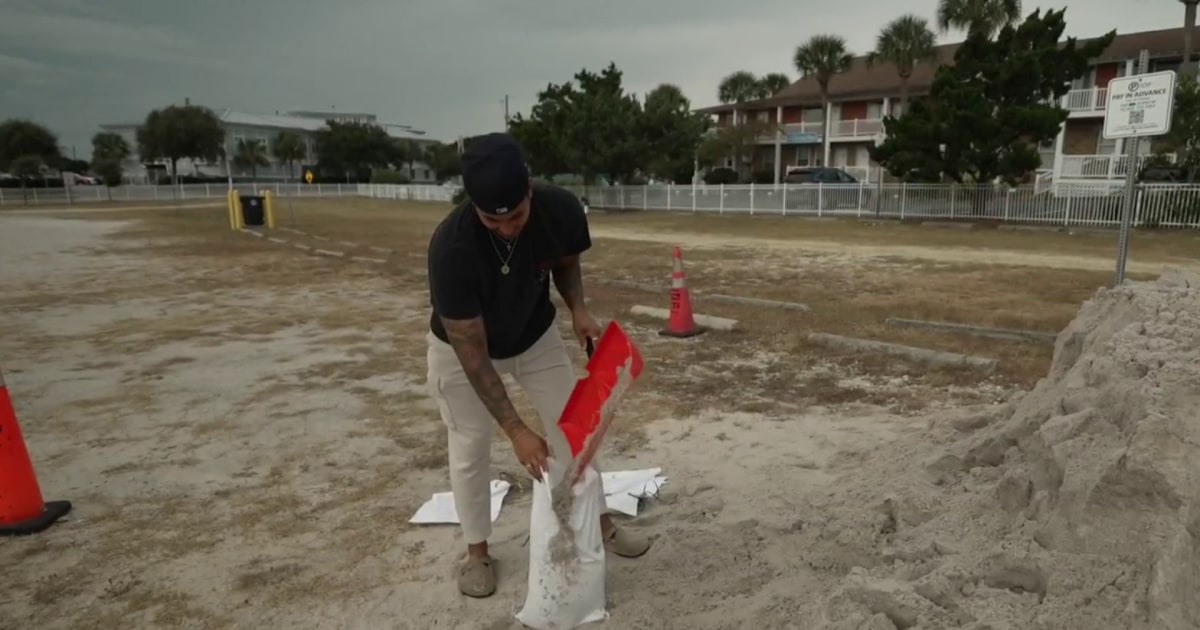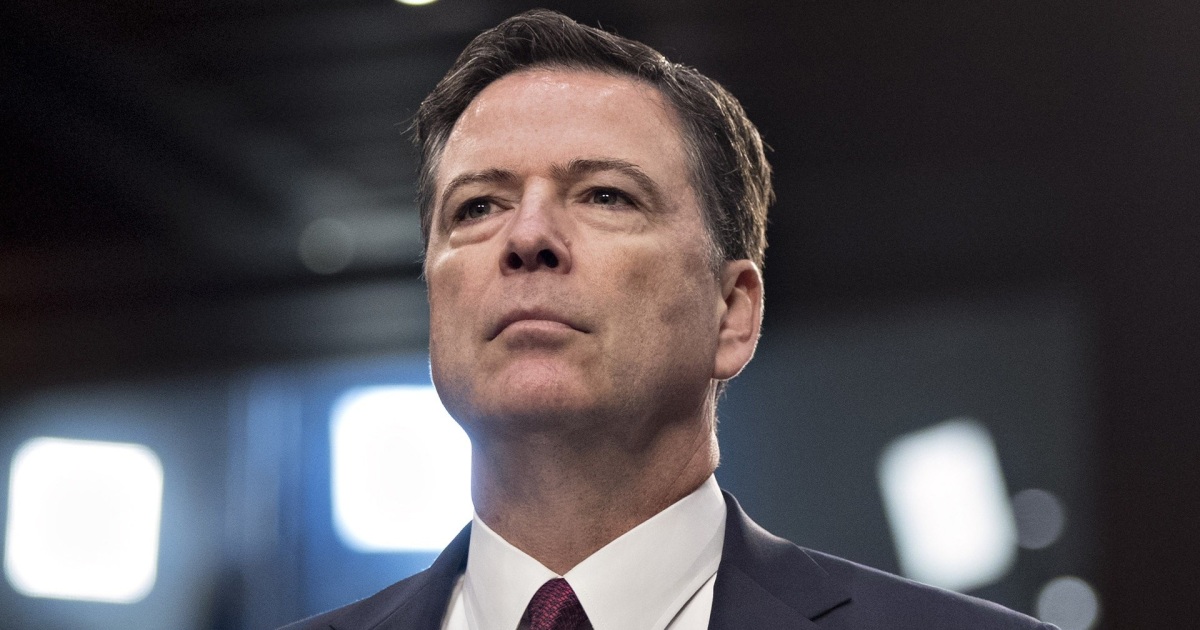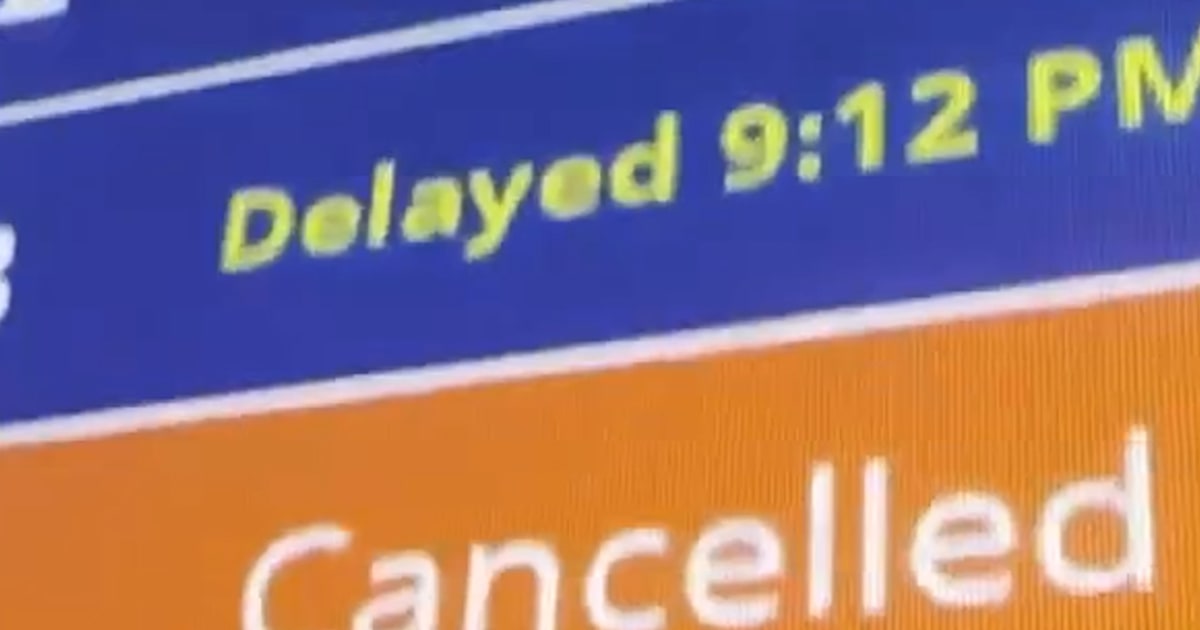North Carolina and South Carolina declared states of emergency over the weekend as a developing storm system churns in the tropics. That system could impact the Carolinas, Georgia and Florida as soon as next week, as a major hurricane already spins in the Atlantic. NBC News’ Jesse Kirsch reports from Charleston, South Carolina.
Source link
Carolinas declare states of emergency, brace for storm threat




